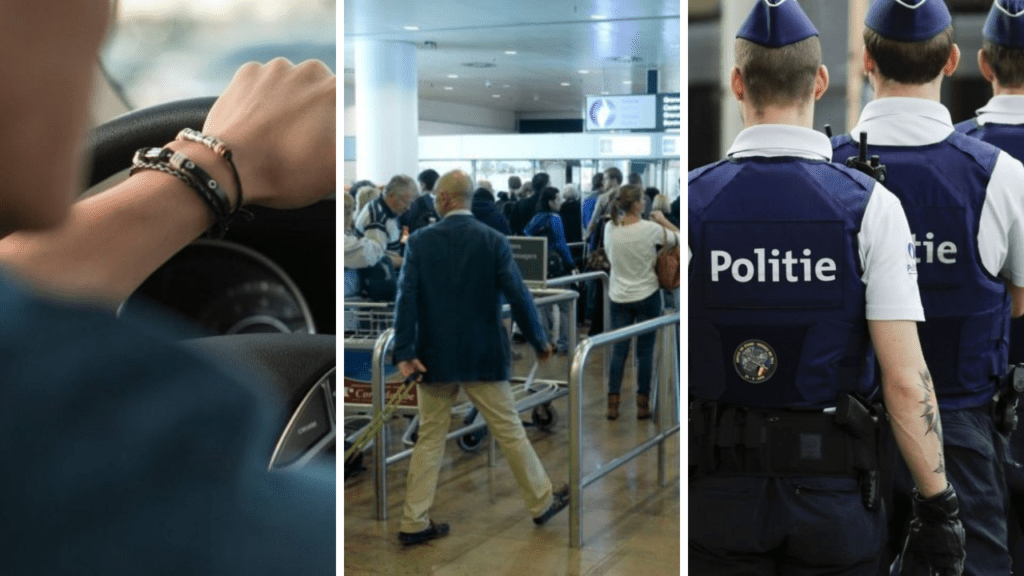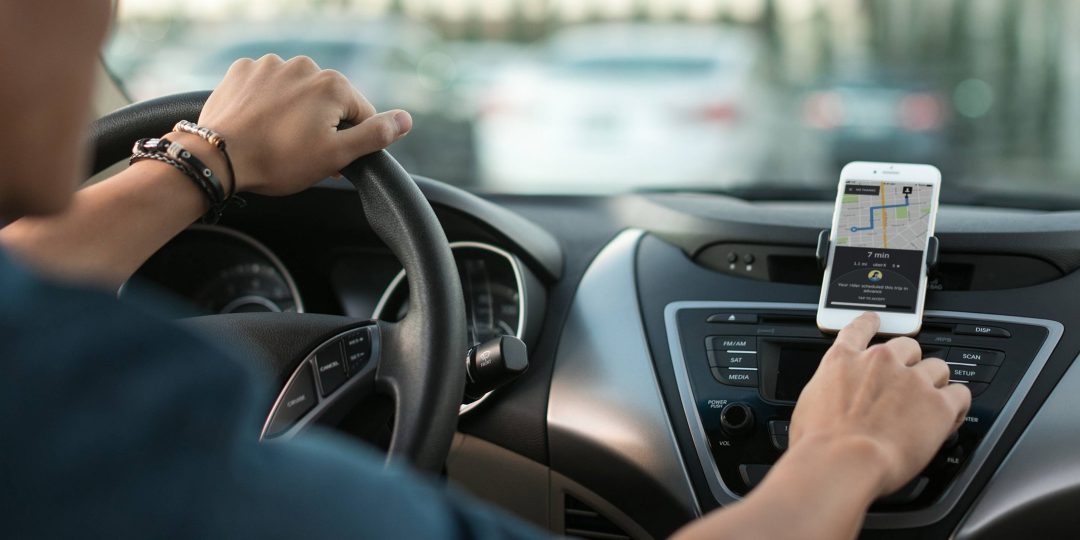Belgium's non-essential travel ban - a thorn in the side of politicians and persona alike - could very possibly be gone by April, according to the latest news from PM Alexander De Croo.
Speaking last night, De Croo said he is looking into how to work with Belgium's regions to replace the current ban on non-essential travel with “greater enforceability” of testing and quarantine measures.
Like several countries, Belgian authorities came under fire for not giving a reason for strict border measures, despite it being assumed that less restrictive measures - such as the very ones being suggested - also would have done the job.
One of the reasons was apparently "not to discriminate between our own and EU citizens," explained De Croo, however critics have already voiced that such measures have hit Belgium's non-Belgian residents far harder than the Belgian ones, effectively cutting them off from friends and family across a border.
So what do you think?
Was the (effective) border closure justified?
A step too far?
Or not far enough?
Let @johnstonjules know on Twitter, he's not seen his home country in 8 months.
Belgium in Brief is a free daily roundup of the top stories to get you through your lunch break conversations. To receive it straight to your inbox every day, sign up below:
1. Belgium won’t link EU ‘vaccination passports’ to free travel, says Wilmès
For Belgium, there is “no question” that the European Covid-19 digital vaccination passport will be linked to people’s freedom of movement, according to the country’s Foreign Affairs Minister Sophie Wilmès.
According to her, the idea of “a standardised European system that allows each individual to collect information about their vaccination and tests on a single digital document (certificate)” is a good one. Read More
2. ‘One fine and we’ll shut down Brussels’: Uber drivers rally against smartphone ban
After a ban on the use of smartphones by Uber drivers left the popular rideshare company effectively unable to operate in the Belgian capital, the president of the Association of Belgian Limousine Drivers (ABCL) has spoken out and called the move “scandalous.” Read More
3. Belgium considers alternatives to non-essential travel ban
Belgium’s Prime Minister Alexander De Croo is looking into new ways to work with the country’s Regions to replace the current ban on non-essential travel.
The aim of a new agreement is to achieve “greater enforceability” of the testing and quarantine measures, so the non-essential travel ban can be phased out after 1 April, De Croo said in the Parliamentary Committee on European Affairs on Monday, reacting to the letter he received from the Commission last week. Read More.
4. Slopes of Brussels’ Justice Palace made car-free
The City of Brussels started making the slopes in front of the Justice Palace car-free from 1 March, to put an end to illegal parking in front of the building.
Over the course of Monday, flower boxes and bollards were being installed on the slopes of the Justice Palace, announced alderman for Urban Development Ans Persoons via Twitter. Read More.
5. Half of new coronavirus infections found in teenagers and their parents
More than half of 1,099 new coronavirus infections in Flanders are thought to have spread between teenagers and their parents, as infection rates for teens in particular increase across all three regions of Belgium.
The demographics most represented in new positive Covid-19 cases are teenagers and adults in their 40s, and a study showed that these two groups frequently infect each other, according to De Standaard. Read More.
6. Where Belgium’s leftover vaccines are going
Confusion has arisen following the vaccination of some groups of people ahead of schedule in Flanders in recent days, as they received the leftover vaccines of others who did not show up at the vaccination centre.
Once a vial is thawed, it has to be administered quickly as throwing it away when the person for who it is intended for does not show up is a waste, leading vaccination centres to use reserve lists. Read More.
7. Four out of five young people in Brussels don’t feel safe with police
Four out of five people don’t feel safe when coming into contact with the police, according to the preliminary results of an ongoing study by the VGC Youth Council.
There have already been 1,631 respondents to the survey, which is conducted both online and through in-person interviews on the street, according to Bruzz, and 78% of them expressed feeling unsafe. Read more.
Jules Johnston
The Brussels Times



